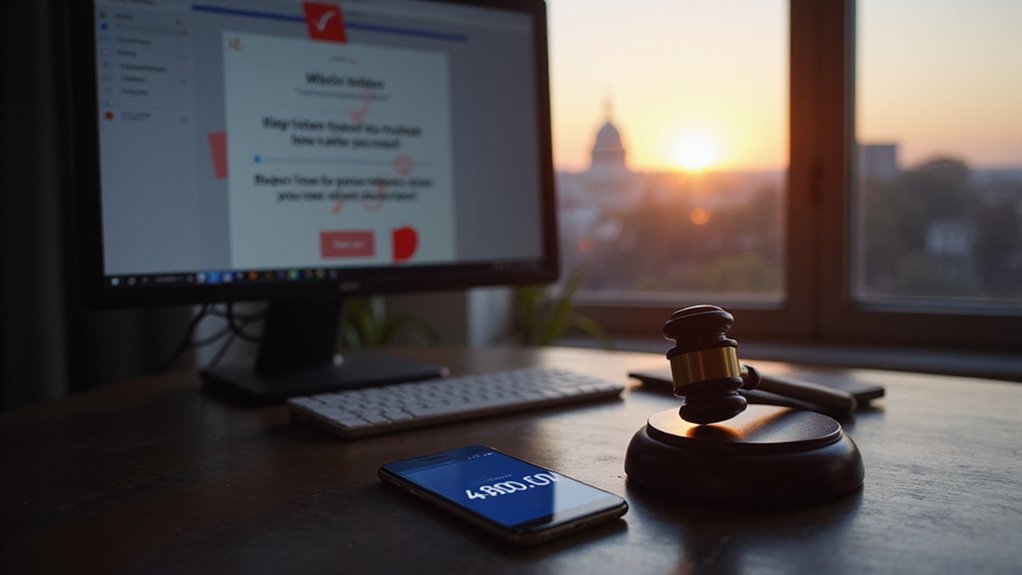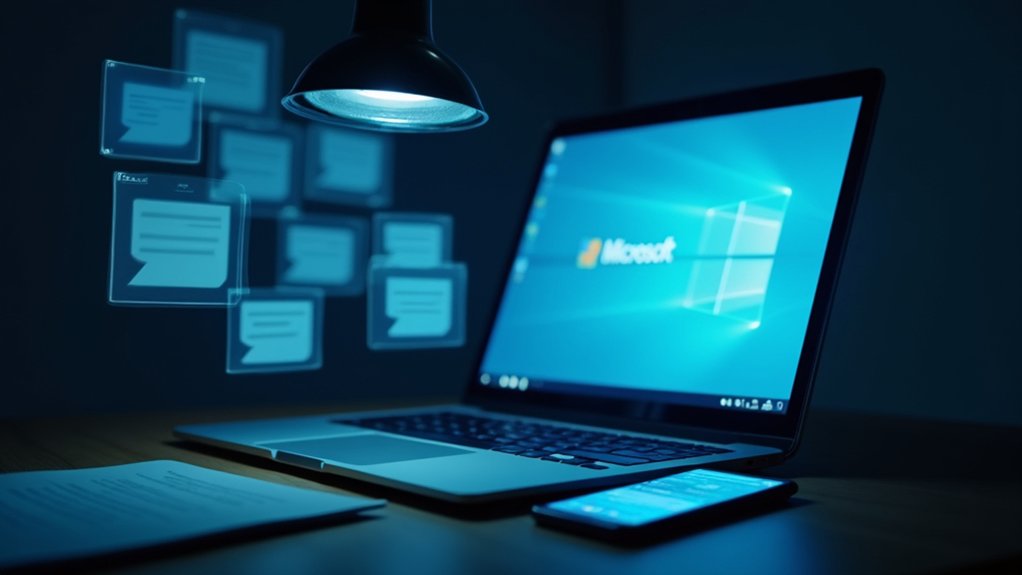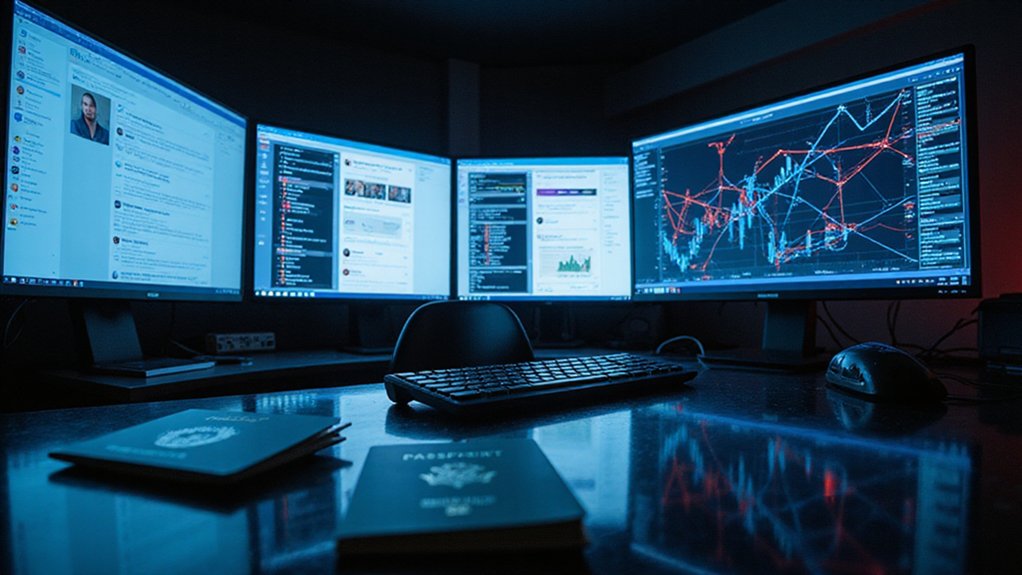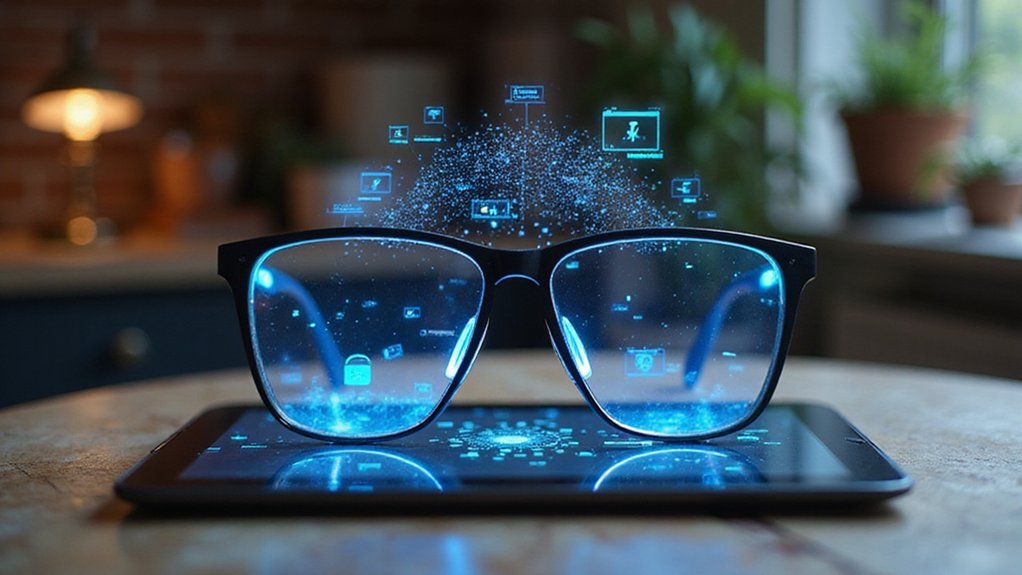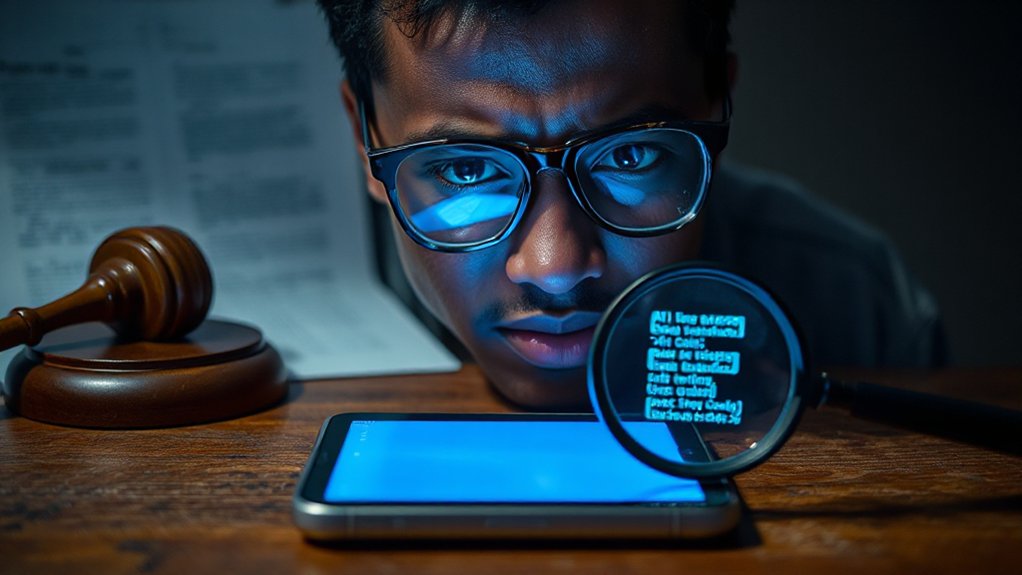In a rare show of bipartisan cooperation, President Donald Trump signed the Take It Down Act into law on Monday, making the sharing of revenge porn and AI-generated deepfakes a federal crime. The ceremony took place in the White House Rose Garden on May 19, 2025, marking a significant moment in digital privacy protection.
The legislation, sponsored by Republican Senator Ted Cruz and Democratic Senator Amy Klobuchar, received overwhelming support in Congress. It passed the House 409-2 and earned unanimous consent in the Senate, demonstrating widespread agreement on the need to address online sexual exploitation.
First Lady Melania Trump played an essential role in championing the bill. She made it a “top priority” and even visited Capitol Hill in March to lobby for its passage. At the signing ceremony, she spoke before the President, calling the new law a “national victory” and a “powerful step forward.”
Melania Trump championed the legislation as a personal mission, calling its passage a landmark achievement for digital protection.
The Take It Down Act specifically targets both real and computer-generated explicit images shared without consent. Under the new law, websites and social media platforms must remove violating material within 48 hours after receiving a victim’s request. They’re also required to take steps to delete any duplicate content. Violators could face up to three years in prison for distributing nonconsensual intimate imagery.
President Trump noted during the ceremony that online sexual exploitation has gotten “worse and worse.” He highlighted that “countless women have been harassed with deepfakes” distributed against their will. The First Lady described AI and social media as “digital candy for the next generation” that can be “weaponized.”
Before this federal legislation, revenge porn was primarily regulated at the state level. The law explicitly addresses issues related to AI-generated deepfakes that have become increasingly concerning in recent years. The new law creates a nationwide standard for content removal and establishes clear legal consequences for distributing non-consensual intimate imagery.
White House press secretary Karoline Leavitt stated that the First Lady was “instrumental” in getting the legislation passed. The law represents a rare regulatory requirement imposed on internet companies, forcing tech giants to act quickly when personal privacy is violated.
References
- https://spectrumlocalnews.com/nys/central-ny/news/2025/05/19/trump-signs-bill-making-it-illegal-to-post-real-or-ai-generated-explicit-images-without-consent-revenge-porn-deepfakes-sen–cruz
- https://www.nbcwashington.com/news/national-international/trump-administration-putin-russia-ukraine-war-may-18-2025-live-updates/3916548/?os=rokuzoazxzmsqedfgxew
- https://gvwire.com/2025/05/19/trump-will-sign-a-bill-to-make-posting-revenge-porn-a-federal-crime/
- https://www.isidewith.com/discuss/5446885631
- https://www.instagram.com/nbcnews/reel/DGzZxcBPOtY/?locale=Aplikasi+penghasil+uang+online+terkemuka,+tarik+ke+momo【GB777.BET】.tevi
